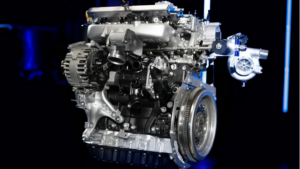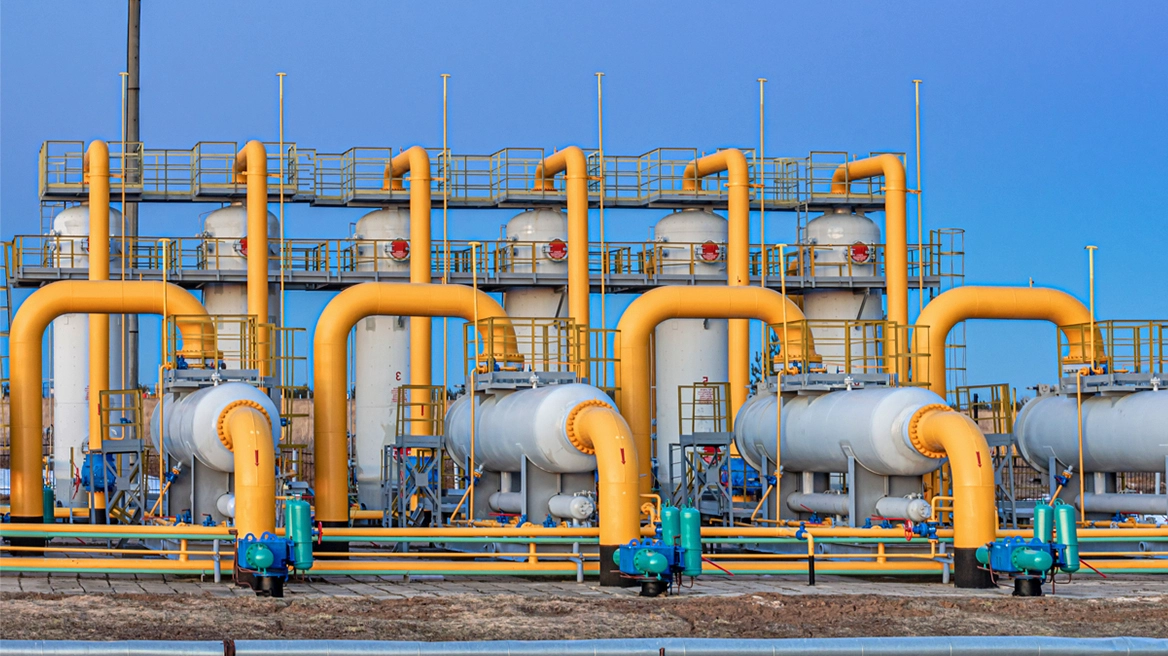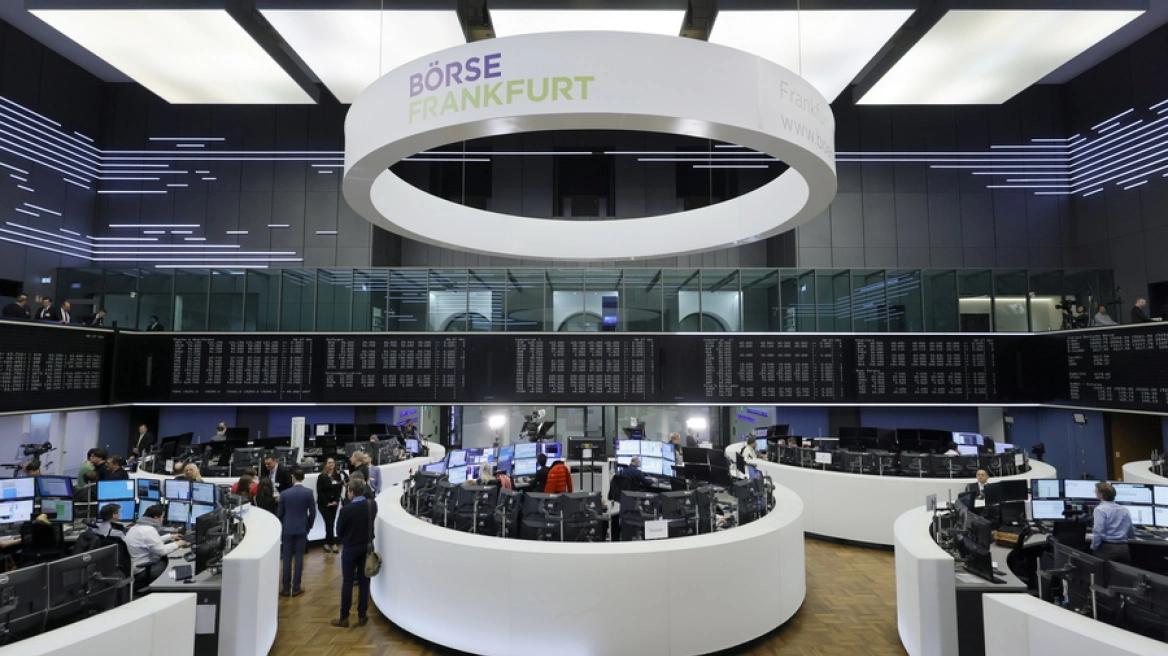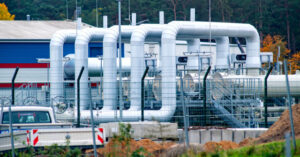Austrian mobility technology company AVL had a pretty good day for itself earlier this month, when it confirmed simulations that showed its prototype 2.0-liter turbo hydrogen race engine developing over 200 hp-per-liter. AVL uses a water-injection system alongside its turbocharger to moderate combustion for safer burn and improved power production … and so far it’s working like a charm.
Most of the fanfare around automotive hydrogen has been related to fuel cell-electric powertrains, but hydrogen combustion engines have slowly been entering the serious phase of discussion. They’re not without their own set of obstacles, however, even in a motorsport setting in which the non-existent roadside H2 fueling infrastructure isn’t an issue.
Another New War? Azerbaijan’s Heroes: Soldiers who behead Armenians – Analysis
As AVL points out, the typical hydrogen ICE suffers from low performance numbers owing to lean burn, combustion that involves a high air-to-fuel ratio. While lean burn can be a positive that improves fuel economy and lowers emissions, it also leads to lower power output, an issue particularly problematic for a race engine.
Continue here: New Atlas
Ask me anything
Explore related questions





